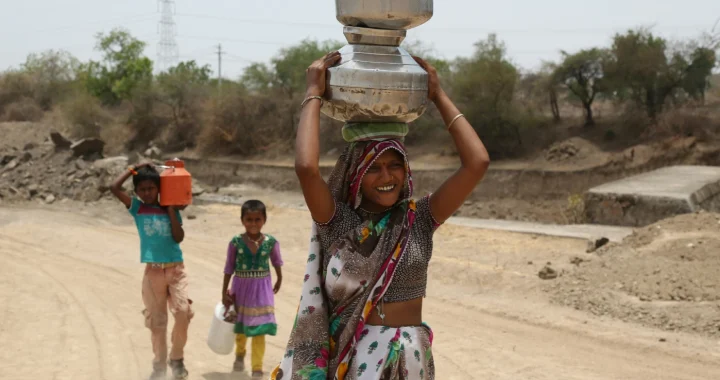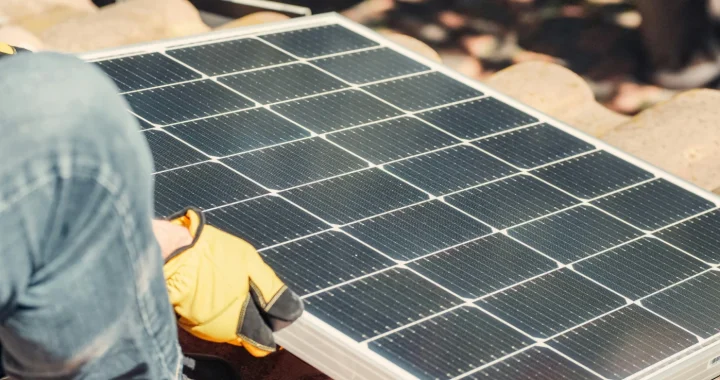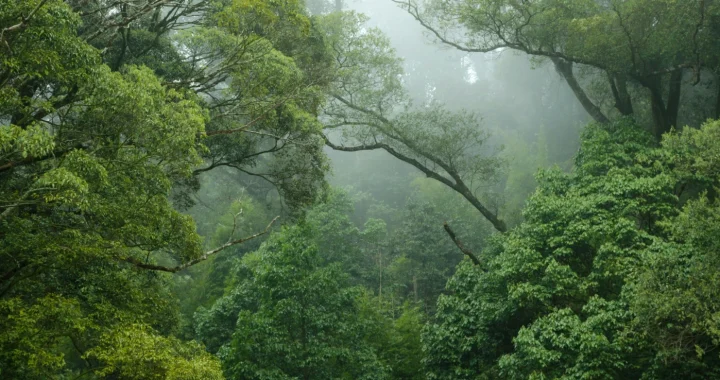Ensuring Equitable Global Climate Actions with Climate Change Legal Framework

Photo by Freepik
Although the impacts of climate change are felt by everyone, people in Small Island Developing States (SIDS) are significantly more affected. From rising sea levels to saltwater intrusion, these impacts pose a real existential threat to their survival. Therefore, ensuring concrete action against climate change is critical and requires collective commitment and participation from all. To secure countries’ full participation and equitable climate action, a climate change legal framework under international law is necessary.
Disproportionately Affected Nations
The majority of greenhouse gas emissions come from big countries, including China, the United States, and India, which collectively account for approximately 64% of total global greenhouse gas emissions. These countries rely heavily on fossil fuels to support their massive economies in various industries, such as consumer goods, transportation, and energy. Although efforts have been made to reduce emissions in each country, they are far from enough.
On the other hand, Pacific countries have extremely minor greenhouse gas emissions, collectively accounting for only 0.03% of total global emissions. Despite their nearly negligible contribution, SIDS in the Pacific face significantly greater impacts from the climate crisis due to their dependency on natural resources.
For example, saltwater intrusion damages freshwater sources and threatens the availability of clean water for sanitation and agriculture, which serve as primary income sources. In Tonga, saltwater intrusion has severely impacted groundwater supplies, forcing communities to rely on rainwater harvesting or imported water.
Additionally, their geographical conditions make them more vulnerable to rising sea levels, which threaten their very existence. According to the IPCC, sea levels have risen by an average of 3.7 mm per year since 2006, and SIDS are threatened to sink by the end of this century if greenhouse gas emissions are not effectively controlled.
Addition to Climate Change Legal Framework
In recent years, multiple efforts have been made to involve all countries in seriously addressing climate change. International frameworks for cooperation and major conferences, like the Paris Agreement, the Convention on Biological Diversity, and annual events such as COP, have helped guide nations in tackling the crisis.
However, despite these efforts, they still aren’t enough to make the progress necessary to halt the crisis. For instance, the outcome of COP29 was seen as insufficient, with only small climate finance goals being agreed. Countries also failed to show commitment to further reducing greenhouse gas emissions, and some small island nations representatives even walked out due to one-sided and unfruitful discussion.
Therefore, an additional legal framework and opinion of law becomes crucial in setting global standards on climate change and providing a reference for countries to take concrete actions like mitigation and adaptation. It is also important to set obligations for high-emission countries to contribute fairly to addressing the climate crisis.
In early December 2024, the International Court of Justice (ICJ) considered an advisory opinion request about countries’ obligations to climate change. The proceedings aim to outline how countries should address the growing climate change crisis and the consequences they would face if they fail to act.
It is crucial to clarify the responsibilities of states in climate action and protecting the environment from harmful greenhouse gases. While the ICJ’s advisory opinion is not legally binding, it holds significant legal and political weight and could influence future international laws and actions on climate protection.
Common but Differentiated Responsibilities
Small Island Developing States are extremely vulnerable to climate change, signifying the urgent need for financial and resource assistance to mitigate the impacts. While climate action is a shared responsibility between states, it is important to recognize the principle of Common but Differentiated Responsibilities (CBDR), which acknowledges that states have different degrees of responsibility in terms of environmental protection.
The international community, including individuals, governments, and organizations, must push for an equitable framework within international law as a foundation to impose obligations and pressure for greater support, commitments, and actions from those with the largest responsibility for climate change. All in all, collective actions and equitable contributions are critical in ensuring climate resilience and protection from existential threats for all.
Editor: Kresentia Madina & Nazalea Kusuma

Co-create positive impact for people and the planet.
Amidst today’s increasingly complex global challenges, equipping yourself, team, and communities with interdisciplinary and cross-sectoral insights on sustainability-related issues and sustainable development is no longer optional — it is a strategic necessity to stay ahead and stay relevant.
Dinda Rahmania
Dinda is an Assistant of International Partnerships at Green Network Asia. She holds a bachelor’s degree in International Relations from President University. As part of the GNA In-House Team, she supports the organization’s partnerships with international organizations, governments, businesses, and civil society worldwide through digital publications, events, capacity building, and research.


 The Hidden Threat of Tire Pollution to Salmon Populations
The Hidden Threat of Tire Pollution to Salmon Populations  Understanding the Climate-Care Nexus
Understanding the Climate-Care Nexus  Role of Banks in Supporting Decent Work for All
Role of Banks in Supporting Decent Work for All  Natural Regeneration for a More Cost-Effective Forest Restoration
Natural Regeneration for a More Cost-Effective Forest Restoration  UK’s Local Power Plan to Support Community Energy Development
UK’s Local Power Plan to Support Community Energy Development  Global Shifts in Forest Dynamics and Their Impact on Biodiversity and Resilience
Global Shifts in Forest Dynamics and Their Impact on Biodiversity and Resilience